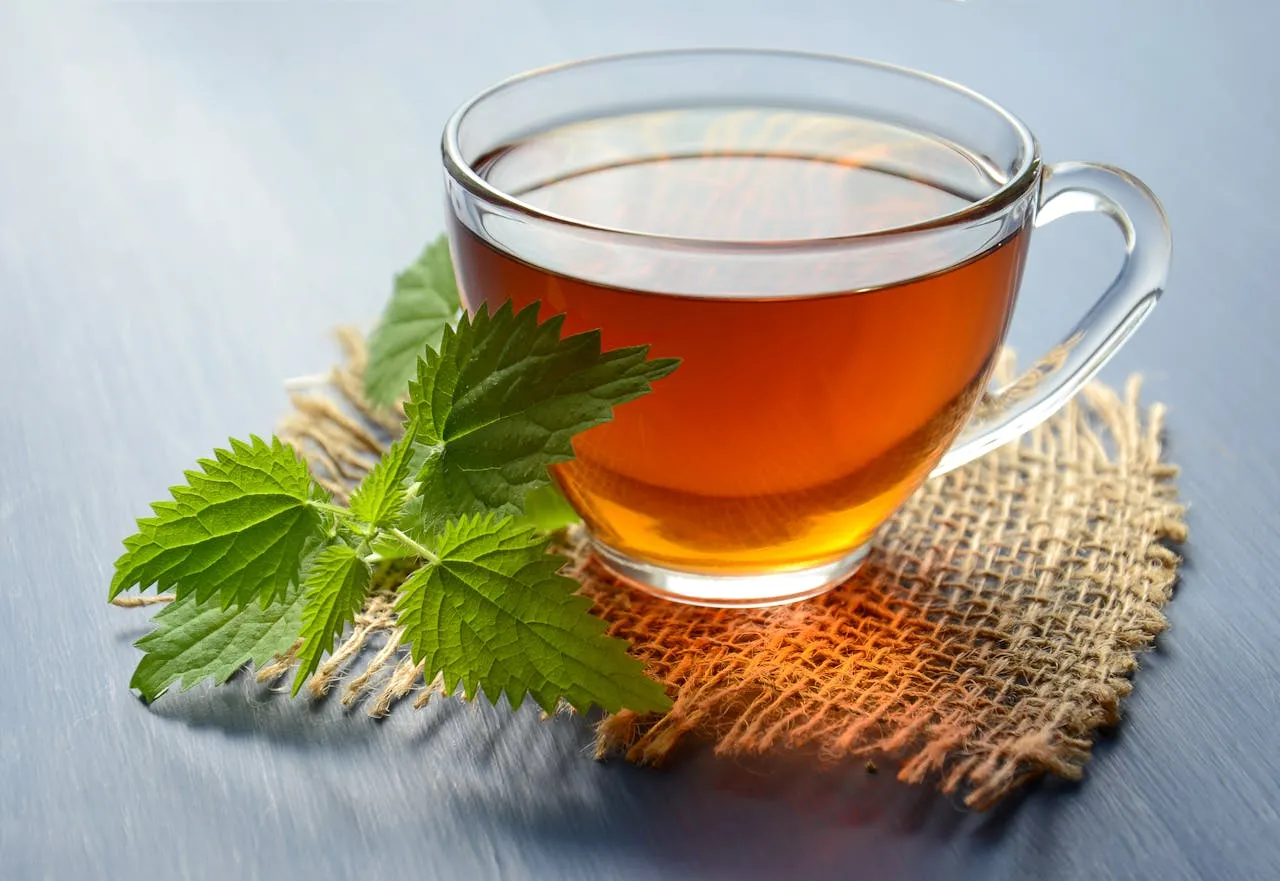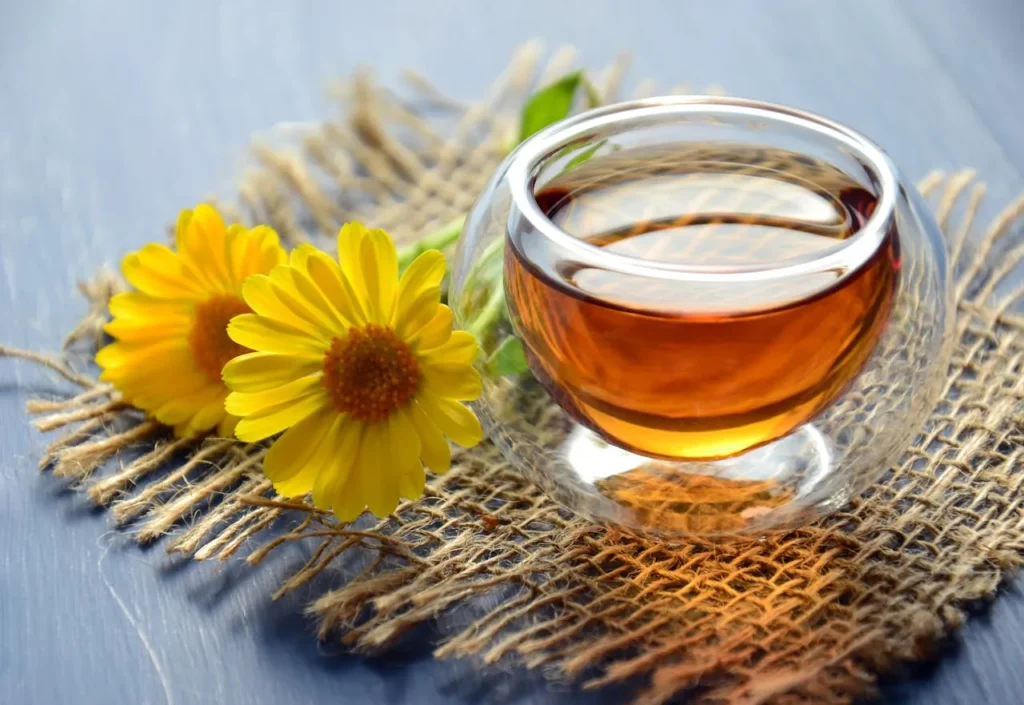
The Clean Jeju Green Tea Agricultural Cooperative, better known as Sumang, has announced ambitious plans to expand its global presence with a premium lineup of teas produced exclusively on Jeju Island. Building on the international popularity of its signature matcha, the cooperative is now introducing Hojicha, a roasted green tea known for its nutty aroma and smooth, low-caffeine profile. Together, these offerings reflect both the rich agricultural heritage of Jeju and the growing global demand for high-quality, health-oriented teas.
Rooted in Jeju’s Natural Advantages
Founded in 2007, Sumang is deeply tied to the unique landscape and climate of Jeju Island, South Korea’s southernmost province. The cooperative cultivates its tea in soil enriched with minerals from maekbanseok, a naturally occurring igneous rock. This volcanic origin lends a distinctive mineral balance to the soil, which is further enhanced by Jeju’s mild, maritime climate. The surrounding sea keeps temperatures stable year-round, while frequent fog brings consistent moisture that nourishes the crops. These natural conditions combine to create what experts describe as one of the most favorable environments for tea farming in East Asia.
For Sumang, this natural abundance is more than just a backdrop—it is the foundation of the cooperative’s identity. The cooperative emphasizes sustainable farming methods that preserve soil fertility and ensure long-term ecological health. By cultivating tea in harmony with Jeju’s natural rhythm, Sumang believes it can deliver teas that not only taste superior but also embody the island’s clean and pristine image.
The Rise of Matcha on the Global Stage
Among Sumang’s product portfolio, matcha stands out as the star attraction. Known for its vibrant green color, fine texture, and rich umami taste, matcha has become one of the fastest-growing categories in the global tea market. The rise in popularity is closely linked to broader lifestyle trends. Health-conscious consumers in the U.S., Europe, and Asia are increasingly drawn to foods and beverages that offer functional benefits. Matcha, packed with antioxidants and associated with energy, focus, and calm, has become a staple in both traditional tea ceremonies and modern recipes ranging from lattes to baked goods.
Sumang has been quick to respond to this surge in demand. Its exports to the United States have grown steadily in recent years, while inquiries from buyers across Asia, Europe, and the Middle East continue to rise. The cooperative’s participation in international trade delegations, including the Jeju–Vietnam Market Development Delegation in 2024, has further strengthened its overseas networks. These initiatives have allowed Sumang to showcase Jeju’s premium tea to new markets and forge partnerships with distributors eager to supply authentic, high-quality matcha.

Matcha Grading System: Choice and Quality
To meet the diverse preferences of global consumers, Sumang produces matcha in three distinct grades: Ceremonial, Premium, and Superior.
- Ceremonial Grade is the highest quality, intended for traditional tea preparation and enjoyed without additives. It offers a naturally smooth flavor with a delicate finish, appealing to connoisseurs.
- Premium Grade provides versatility, ideal for both drinking and culinary use, making it popular among cafes and bakeries.
- Superior Grade offers accessibility without compromising quality, making it well-suited for everyday enjoyment or incorporation into blended beverages.
This tiered approach ensures that Sumang can cater to a wide audience, from traditional tea enthusiasts to mainstream consumers seeking healthy, innovative drinks.
Behind this product line is advanced technology. Sumang has invested in specialized tencha-line machinery designed for matcha processing. This equipment carefully steams, dries, and grinds tea leaves into fine powder, preserving the rich aroma and natural flavor compounds. The cooperative stresses that this machinery allows it to consistently produce matcha that rivals or surpasses competing products on the international stage.
Introducing Hojicha: A New Chapter
In August 2025, Sumang expanded its portfolio with the launch of Hojicha. Unlike standard green teas, hojicha is roasted at high temperatures, which transforms its flavor profile into something distinctively nutty, smoky, and slightly sweet. One of its biggest appeals is its lower caffeine content, making it a gentle option for evening consumption or for individuals who are sensitive to caffeine but still want to enjoy the benefits of green tea.
The decision to add hojicha to its lineup reflects Sumang’s attentiveness to consumer demand. As more people around the world look for functional beverages that support wellness, the cooperative recognizes that variety and innovation are key. By diversifying beyond matcha, Sumang positions itself to capture a broader segment of the tea-drinking market while reinforcing its image as a forward-thinking producer of premium teas.
Expanding Sales Channels: From B2B to Direct-to-Consumer
Until recently, Sumang has focused primarily on business-to-business (B2B) channels, exporting bulk tea products to distributors, cafes, and retailers. While this approach has built strong wholesale relationships, the cooperative is now preparing to expand its direct-to-consumer (DTC) strategy. Plans are underway to launch an online store and develop partnerships with leading e-commerce platforms.
The move reflects a larger global shift in consumer behavior. Shoppers today increasingly seek authenticity and transparency, preferring to buy directly from producers they trust. For Sumang, selling directly to consumers offers an opportunity to build deeper brand loyalty, share the story of Jeju’s unique tea culture, and deliver premium products at more affordable prices by bypassing multiple intermediaries.




